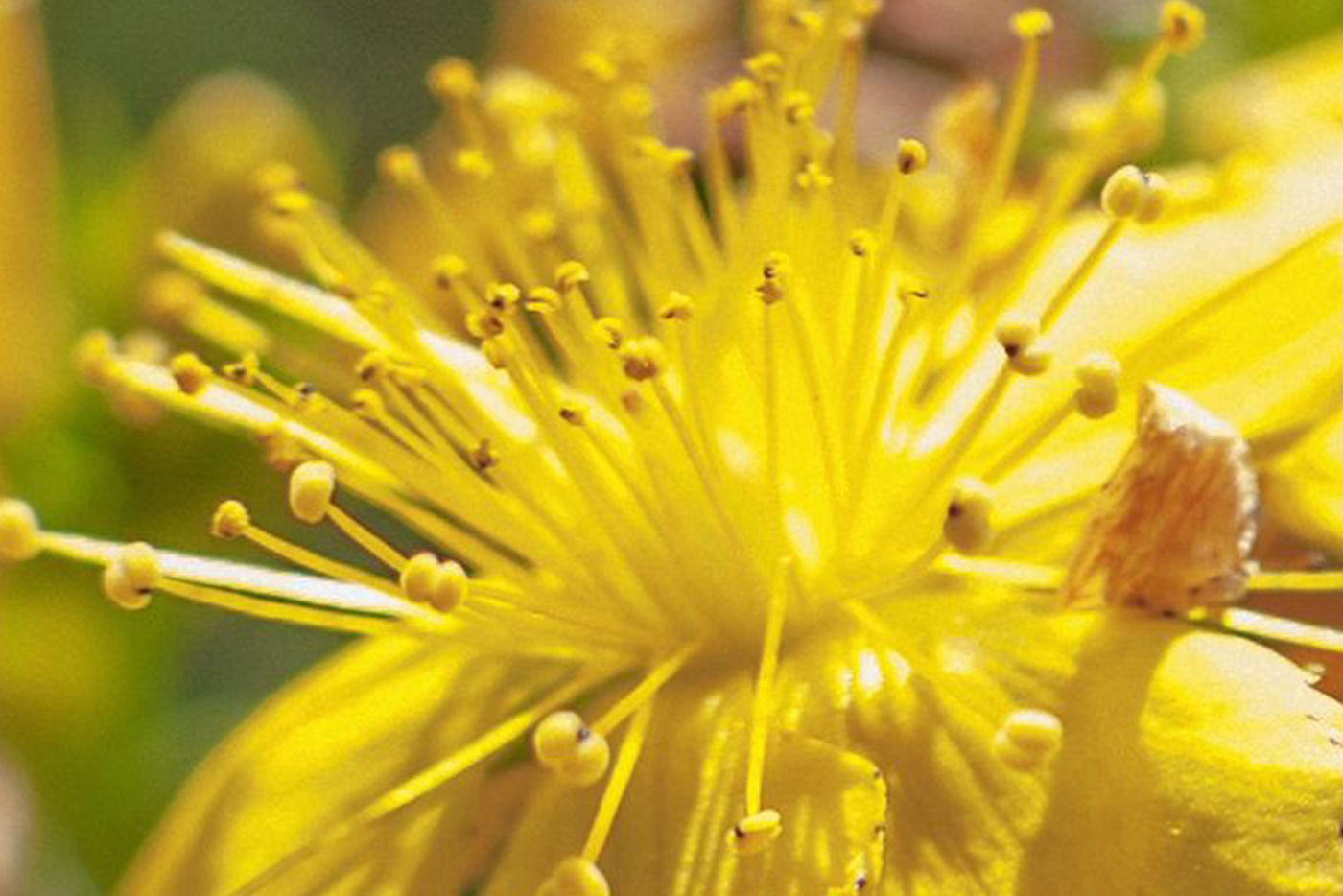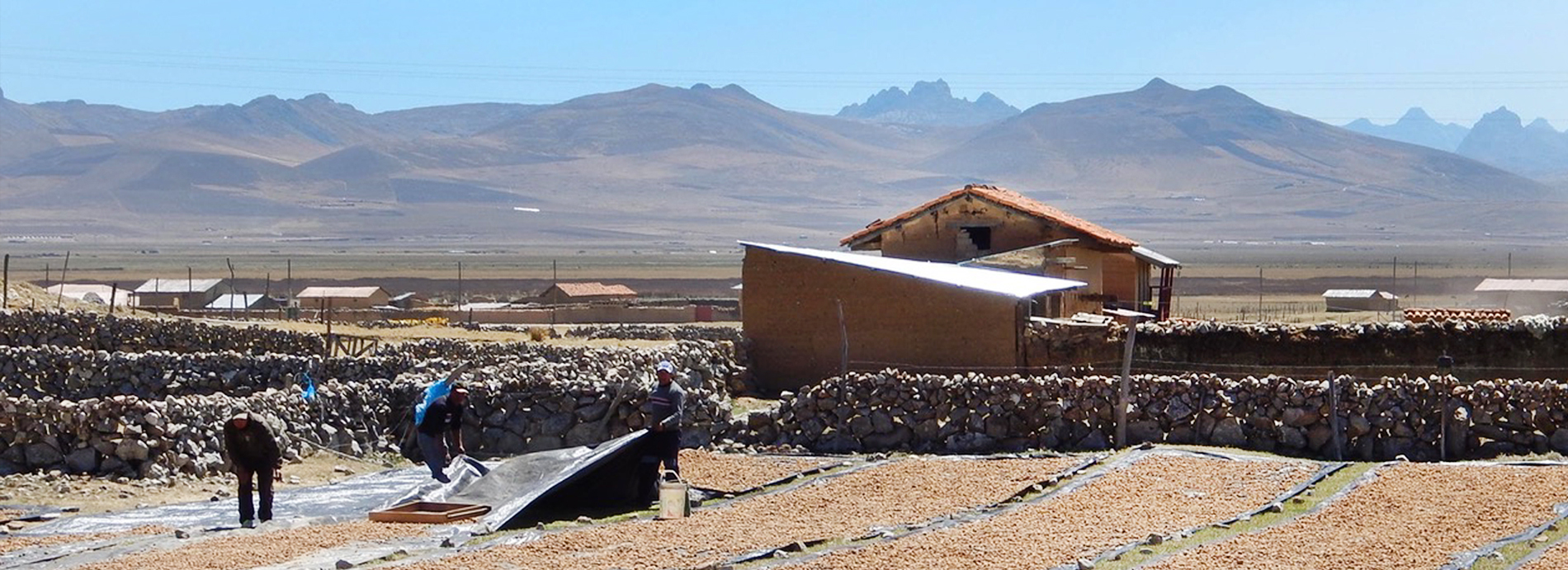Why Source Herbs?
We work with more than 250 plants and plant parts, and not all are well suited for cultivation in our corner of the world. Maca, for example, grows best at high altitudes in the Peruvian Andes Mountains. Kava thrives in the tropical islands of the South Pacific. And Rhodiola prefers cold northern tundra climates. We could grow decent Cayenne in our region, but “decent” isn’t good enough, so we ethically source it from hotter climates.
Different plants thrive and produce higher concentrations of sought-after phytochemical constituents in different environments. Some prefer forests, high altitudes, or the tropics. For this reason, we work with cultivators who grow the plants we need in the region and context that best suits those herbs.
The Peruvian Maca Harvest is a Family Affair
Wildcrafting
Other plants, however, create the best concentration of phytochemical constituents when they undergo the stress of surviving in the wild. So, we work with responsible wildcrafters who harvest the plants from their native environments.
We rigorously vet our wildcrafting partners to make sure that their practices conserve the long-term health of wild plant populations. In an effort to do whatever we can to keep all plants species safe for future generations, we limit our wildcrafted sourcing to plant species that have robust populations that can sustain the practice.
Wildcrafted Chaste tree
When Sourcing Won't Cut It
Sometimes there is no right way to procure a particular plant that meets our specifications. Some plants are difficult to cultivate at a commercial scale to our specifications and wildcrafting may not be a viable option.
If we determine that there is no ethical route to an herb, we’ll discontinue selling that product, even if it’s popular like False Unicorn and American Ginseng. It’s an unpleasant decision because we always want to provide our customers with the best possible herbal extracts, but we simply won’t do so at the expense of an at-risk plant population. We’re passionate about the mission of the United Plants Savers (UpS) and the work we do with them to ensure that native herbs will be here for generations to come.
Getting to Know Our Suppliers
We are unapologetically rigid when it comes to meeting our own quality and ethical requirements. So before working with a new source, we put their herbs through a series of rigorous tests. Only once our evaluation is complete, do we begin a working partnership. From there, the evaluation is always ongoing. We even visit many of our suppliers both domestically and internationally to examine their facilities and ethical practices.
Testing our Herbs
After determining a source is valid, we test every lot of every herb. All lots from all partners – old and new, near and far – are subject to the same rigorous testing program. We want to be confident in the herbs we sell, so we never take anything for granted.
We perform multiple corroborating identity tests that include sensory or organoleptic evaluation, macroscopic evaluation that assesses morphological features of plant, high performance thin layer chromatography (HPTLC), which provides a phytochemical fingerprint and other methods as appropriate. Additional core evaluations and testing include designated plant part conformity, foreign materials assessment (including other plant parts) and microbiological testing. Further testing may be carried out on a case-by-case basis. Please visit Our Process page for more information on our testing protocols.
One Part of the Process
Ethical sourcing methods are just one part of the multifaceted process we use to create our quality herbal extracts. Only after a source has been verified and its herbs tested do we allow the herb to enter our extraction facility. Learn about our extraction process here.



